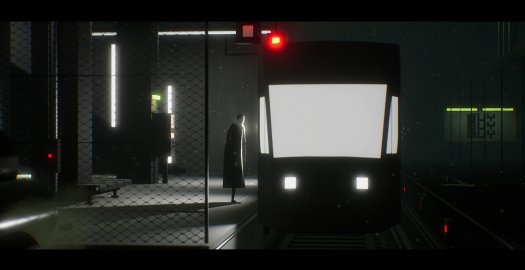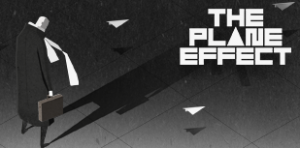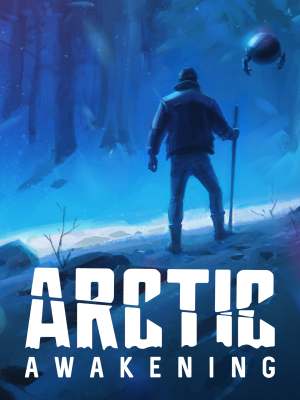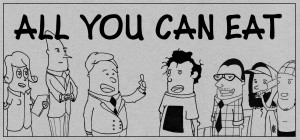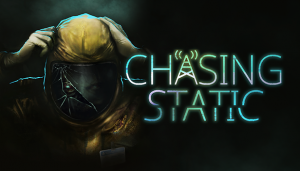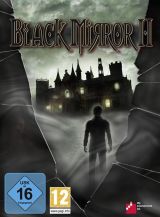Review for The Plane Effect
The Plane Effect is a game developed by Innovina Interactive and Studio Kiku, published by Pqube in 2021. It tells the story of Solo, a nondescript worker in an unnamed office in an unnamed city of a futuristic, dystopian world. He has just finished his day at work, and all he wants is simply to go back home to his loving family. However, there appears to be a mysterious disturbance in the electromagnetic fabric of life. In other words, reality is messed up, and Solo has a long and complicated journey ahead of him.
You can play in three difficulty levels: "normal", "narrative hint" and "guided". In "normal" mode, the game lets you solve the puzzles by yourself. In "narrative hint", the game will show an icon wherever there is something to be done, but will not disclose what is the required action. "Guided" mode comes pretty close to a hint book. You can switch between the modes at will during gameplay, which is a very convenient feature.
The game is presented in an isometric view. Graphics are stark and stylized, reminiscent of early German Expressionist films of the 1920s. Colour palette is monochromatic, with lots of black, white, and shades of gray, with the occasional colour tint. They help set the overall gloomy, melancholic tone of the game.
The game is divided into chapters. The first, a prologue titled "The Office", serves as a tutorial. Each chapter takes place in a different location, sometimes hinted at in its title. Environments are bleak, sometimes desolate. Though there are almost no actual people around, there are plenty of signs of their presence, from ominous dark silhouettes secretly watching Solo at the office, to stores, factories, laboratories and the like.
Puzzles in TPE stem from the locations themselves. Almost none of them feel like they're there purely for puzzle's sake. There is a lot of object-fetching from point A, to be used in point B. Not all the objects are in plain sight, which requires some pixel hunting. There is no inventory per se. When picking up an object, Solo will keep it until the time it is needed. In one or two instances objects can be combined (for example attaching hooks to a fishing rod), but it's mostly "take it and use it somewhere nearby". There are some mazes to navigate (among them is a shark-infested one, and one or two inspired by the works of Escher). There is an occasional timed puzzle, but these are not too annoying, and the game seems to be quite patient about them. I felt that while not all the puzzles made sense, they are still quite logical within the boundaries of the game's universe. They have to be completed in a certain order. For example, you cannot use a payphone to call a cab before you find a coin with which to activate it. Whenever you try to do something that is not possible, Solo will shake his head and utter a melancholy "mmm mmm". You can die at times, but the game restores to preset checkpoints within each location.
Locations are varied, ranging from the office (to which you will return several times during the game), to an abandoned oil field in the desert, a marine minefield and a space rocket. You can roam freely in most of them. It sometimes takes a lot of walking to reach the puzzles. There are two or three locations which seem to serve merely as transit points from the previous one to the next. Apart from walking there was not really much to do in these locations. Maybe they were intended to be a sort of resting point for the player. In each location there is a touch of surrealism, like floating chairs and umbrellas in the office, or electric jellyfish in space.
Sound design is excellent. There is no music, but abstract soundscapes which match the graphics perfectly, enhancing the overall eerie, surreal experience. There are many environmental sounds like moving vehicles, working machinery and weather effects. There are also mechanical clicks, whirrs, and electrical beeps. All sounds, no matter how trivial, are very well made. Even the sound of Solo's footsteps varies according to the surface he treads on. There is no dialogue, as Solo is always on his own.
What the game lacks is, well, a plot. Solo simply goes from one place to another, for no obvious reason. There seems to be no logical connection between the locations. There is no backstory or character development. Many questions are left unanswered. We know next to nothing about Solo himself or his family. What is the event that caused the disturbance that altered reality? Why does he have to go through such an odyssey simply to get home? Solo almost never shows any emotion though we do see how much he loves his family and misses them.
The Plane Effect has some philosophical undertones and, on occasion, a social commentary about our current everyday life. What it does best is to make you think about what is real and what is only perceived as reality. You may find yourself wondering what the important things in life are, and what is life itself. The clever, ambivalent twist ending (or is it?) leaves you satisfied yet confused, an ambivalence which prevails throughout the game.




